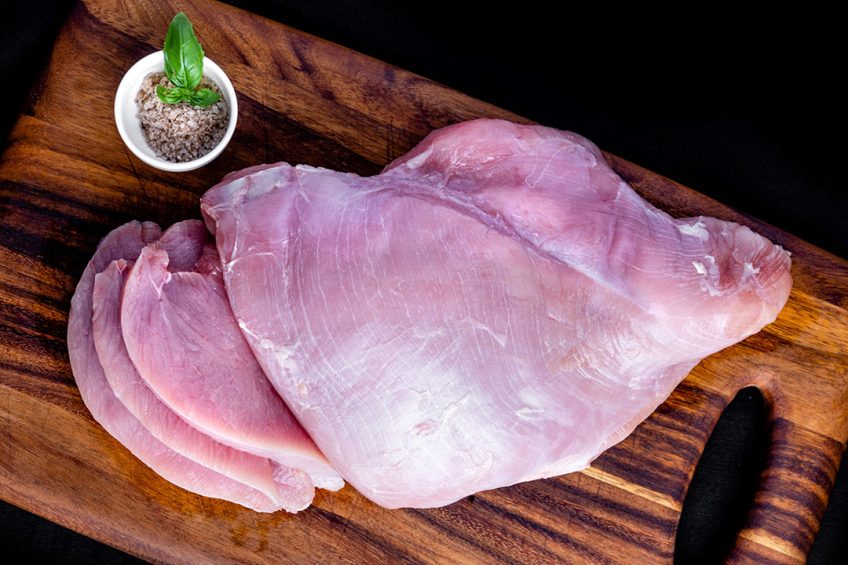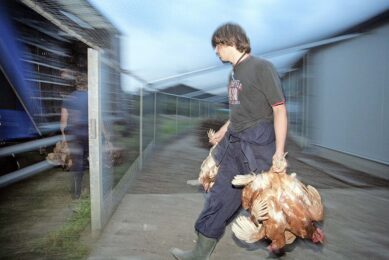Colombia: What matters to millennials when buying chicken

Most Colombian millennials choose poultry meat that is natural, fresh, and produced with animal welfare in mind, according to a consumer survey.
Millennials worldwide are considered influential consumers because of their purchasing power and interest in food, health, and well-being. To learn about food beliefs and preferences in various parts of the world, Delacon has commissioned various consumer surveys among millennials. Their latest survey, which was conducted in Colombia, offered insights that are valuable for businesses in the feed-to-food-chain in the poultry sector and will help them to meet changing consumer preferences of what animals are fed and how food is produced.
Freshness, health, and welfare a priority
When buying poultry meat, specifically, the respondents found the following to be key influencing factors in their purchasing decisions:
- Freshness
- Health
- Animal welfare
- Raised on natural feeds
- The use of phytogenics is also considered important
Big concerns when buying chicken were:
- Hormones
- Being unhealthy
- Poor animal welfare
When asked what comes to mind first when they hear that chickens are raised on natural feed, 40% think of ‘natural/organic’, followed by ‘no chemicals/additives’ (20%) and ‘healthier for the consumer’ (12%).
Responsible use of antibiotics
The phrases or words that Colombian millennials associate with “antibiotics’ responsible use” show that 32% of respondents believe it to mean that antibiotics are only used when necessary. This was noted more frequently in the age group 27-29 years old, compared to 36-39 years old. Over 40% of the respondents associate “no growth-promoting antibiotics” with a natural growth rate, followed by ‘natural’ (15%) and ‘no chemicals’ (10%).
New antibiotic alternative on Russian poultry farms
By 2025, Russian poultry farms could stop the use of feed antibiotics by including betulin in feed rations. The phytobiotic, which is derived from the bark of birch trees, is widely known for giving the tree its white colour, which appears to protect the tree from mid-winter overheating by the sun.
Brazil: Millennials are food-conscious
A previous Delacon survey conducted in Brazil in early 2020 revealed that Brazilian millennials are also very food-conscious – 85% care very much about the quality and source of their food. This survey highlighted 3 key findings animal protein producers should be aware of:
- Brazilian millennials (85%) care very much about the quality and source of their food
- More than half of Brazilian millennials look very closely at the label when buying chicken
- Animal welfare and sustainable practices are most important to Brazilian millennials
US: Labels on chicken meat can attract a premium
In 2019, Delacon surveyed consumers in the US and found new label messages that may attract a premium price among a key segment of millennials. The company shared 3 findings that point to an opportunity for added value when sharing messages with millennials:
- Nearly half of millennials say that knowing their meat or poultry was fed phytogenic ingredients would make positive impact on their brand of choice.
- An environmentally friendly message creates believability and intent to purchase.
- Using specific words within messaging can contribute to product differentiation and a memorable brand. Words that gained the most interest and ranked as being unique from phytogenic fans included ‘cinnamon’, ‘environmentally’, ‘essential oils’, ‘herbs’, ‘functional ingredients’ and ‘thrive’.
‘Brazilian millennials show high food consciousness’
Brazilian millennials have a high-level of food consciousness, according to a recent Delacon survey. The study shows that 85% care “very much” about the quality and source of their food and 80% look closely at labels before they choose and are concerned about animal welfare.
Phytogenics interest Thai consumers
Another Delacon survey conducted in Thailand in 2018 revealed that Thai consumers look closely at product labels, gravitate to products “raised without antibiotics ever,” and are interested to know that phytogenics are used. It appears that knowing phytogenics “leave no harmful residue” would be influential to the majority. Moreover, the survey found that phytogenics on the label would make a positive impact on 82% of Thai millennial foodies and 71% of Thai millennials overall. Delacon has recognised a strong growth in sales of its phytogenic feed additives (40%) in Asia Pacific.
Join 31,000+ subscribers
Subscribe to our newsletter to stay updated about all the need-to-know content in the poultry sector, three times a week. Beheer
Beheer








 WP Admin
WP Admin  Bewerk bericht
Bewerk bericht